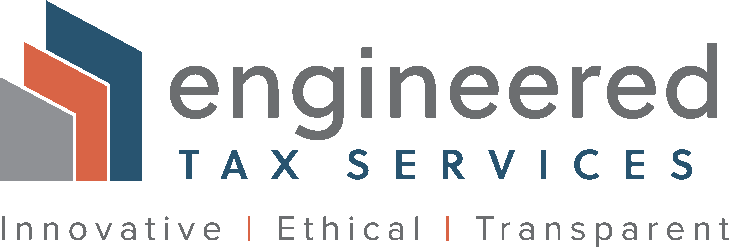Last week, the IRS gave taxpayers an early Christmas present in the form of IR-2023-244, an announcement stating that the agency will be providing substantial penalty relief to millions of taxpayers. This landmark decision, a response to the unique challenges of the COVID-19 pandemic, is set to waive nearly $1 billion in late-payment penalties for approximately 4.7 million individuals, businesses and tax-exempt organizations.
Detailed Overview of the IRS Announcement
As outlined in IR-2023-244, the IRS's decision to waive penalties is a significant relief effort for taxpayers who owe back taxes for the years 2020 and 2021. The pandemic's unprecedented effects prompted the IRS to temporarily suspend the mailing of automated reminders for overdue tax bills starting in February 2022.
Although these reminder notices were suspended, the failure-to-pay penalty continued to accrue for taxpayers who did not fully pay their bills in response to the initial balance due notice. As normal collection processes resume, the IRS is taking this step to aid taxpayers, including some who have not received a notice from the IRS in more than a year.
The Scope and Impact of the Waiver
Nearly five million people, businesses and tax-exempt organizations—most making under $400,000 per year—are eligible for the relief discussed in IR-2023-244. The IRS estimates that 5 million tax returns filed by these entities are eligible for the penalty relief, representing $1 billion in savings or about $206 per return. Notably, nearly 70 percent of the individual taxpayers receiving penalty relief have income under $100,000 per year.
Automatic Relief and Refunds
The penalty relief is automatic, with the IRS making necessary adjustments to eligible individual accounts, followed by adjustments to business accounts, trusts, estates and tax-exempt organizations. Taxpayers who already paid failure-to-pay penalties related to their 2020 and 2021 tax years will also benefit from the relief with the IRS issuing a refund or crediting the payment toward another outstanding tax liability.
Criteria for Eligibility
To be eligible for the waiver, IR-2023-244 states that taxpayers must have filed certain Forms (1040, 1120, 1041 and 990-T) for tax years 2020 or 2021, have an assessed tax of less than $100,000 and have been in the IRS collection notice process or issued an initial balance due notice between Feb. 5, 2022 and Dec. 7, 2023. The $100,000 limit applies separately to each return and each entity. The IRS notes that the failure-to-pay penalty will resume on April 1, 2024 for taxpayers otherwise eligible for relief.
Implications for Tax Professionals
This penalty waiver presents an opportunity for tax professionals to assist their clients in navigating these changes. With the IRS resuming its collection notices in the coming months, tax professionals should advise their clients on the best course of action to address any outstanding tax liabilities and take advantage of the available relief options.
Conclusion
The IRS's decision to waive nearly $1 billion in penalties is a significant development for taxpayers. It underscores the importance of staying informed and proactive about tax obligations, especially in the wake of the pandemic's economic impact.
For tailored guidance and support in understanding how IR-2023-244 affects your clients’ tax situations, reach out to Engineered Tax Services. As always, we stand ready to assist with any specialty tax circumstances you may encounter.




